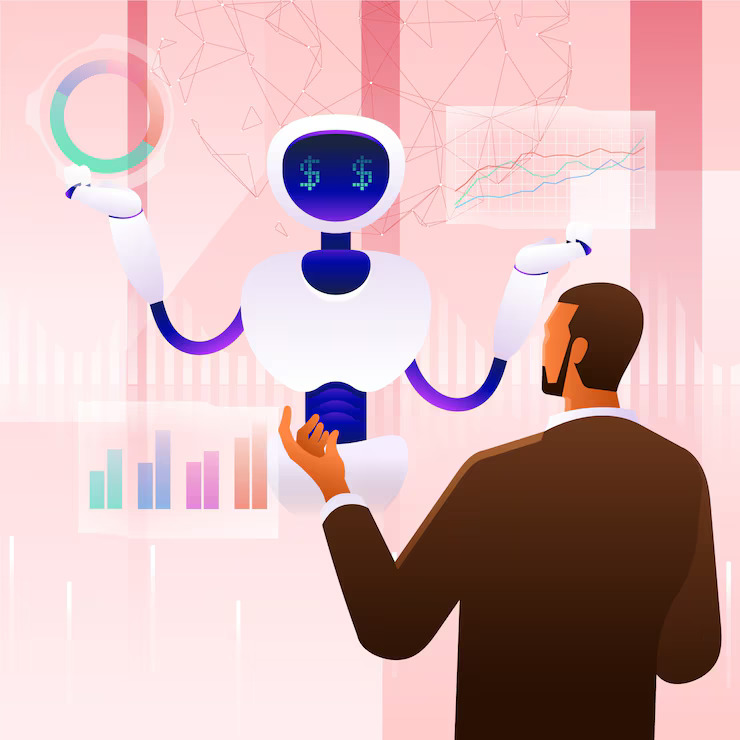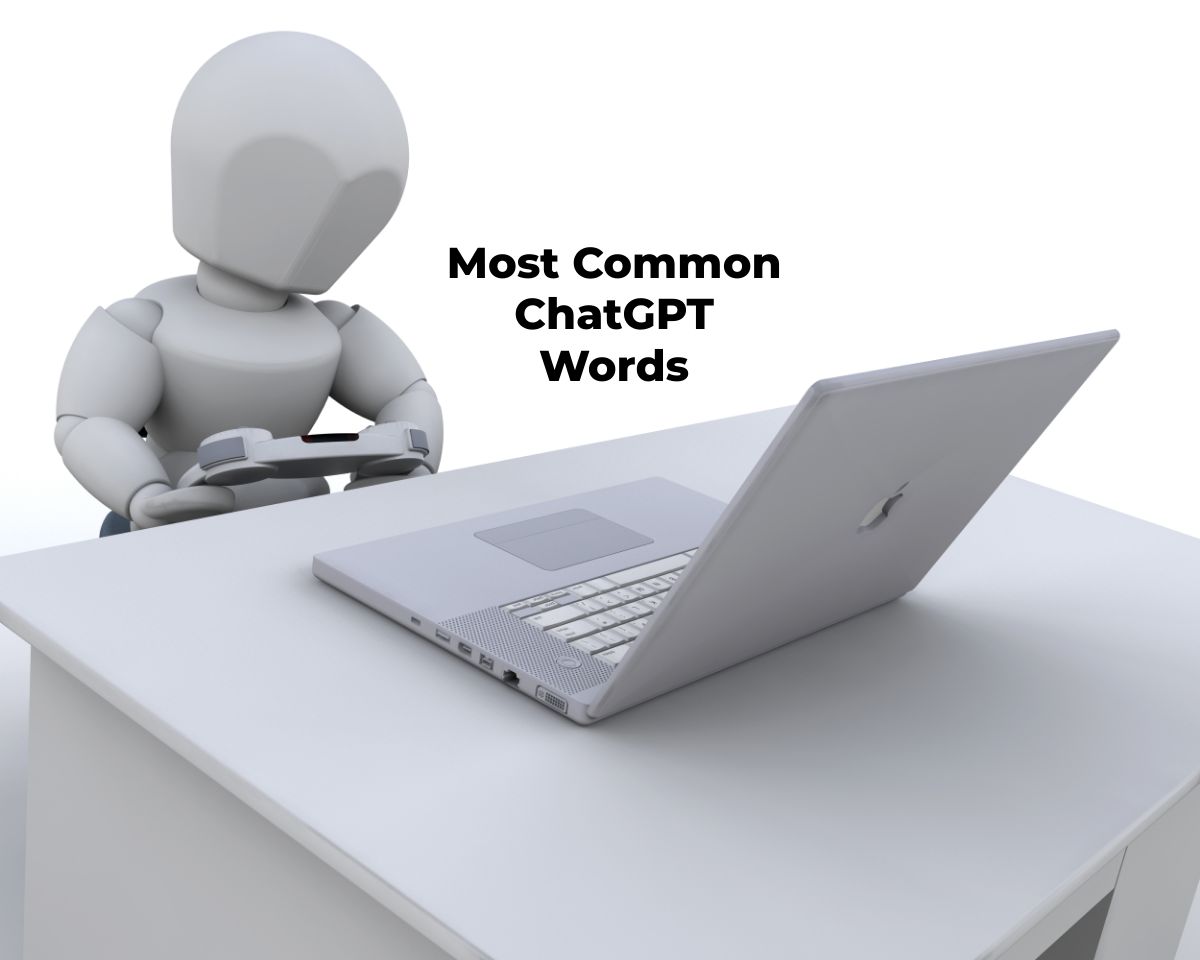OpenAI recently introduced a groundbreaking feature that allows ChatGPT to search the web in real time, a major upgrade from its previous static knowledge model. This new capability means ChatGPT can now provide live updates, access current headlines, fetch stock prices, and even deliver sports scores directly to users.
This feature is currently available only to paid subscribers, positioning OpenAI’s ChatGPT search engine as a premium tool in the competitive AI-powered search landscape. Here, we’ll explore the ChatGPT search engine’s key features, how it differs from traditional search engines, and the competitive dynamics driving tech giants to invest heavily in AI-based search technology.
How the ChatGPT Search Engine Works
With its search engine feature, ChatGPT can now:
- Retrieve live information from the web, offering timely and relevant insights on current topics.
- Provide comprehensive answers to complex questions by searching a wide array of sources, including research papers, blogs, and news sites.
- Generate context-aware responses based on real-time data, enabling users to get answers beyond static knowledge.
This upgrade is timely as companies like Google, Perplexity, Microsoft Copilot, and Meta are developing AI search engines of their own.
ChatGPT Search Engine vs. Traditional Search Engines
Traditional Search Engines:
- Traditional search engines rely on keyword-based algorithms, delivering results based on exact word matches.
- They often struggle with complex questions that require understanding context and user intent.
- A simple search for “Llama” could pull up mixed results for the animal and Meta’s LLM model, depending solely on indexed keywords.
ChatGPT Search Engine:
- ChatGPT’s search engine leverages natural language processing (NLP) and machine learning to understand the context and intent behind each query.
- If a user recently searched for “camelids,” ChatGPT’s search engine would recognize that the user is likely interested in animals and display relevant results.
- The AI-powered search can provide a deeper, more nuanced response for questions like “What are the health benefits of pistachios?” by fetching data from multiple sources.
Also Read: How Many Types of Artificial Intelligence?
What Sets AI-Powered Search Engines Apart?
AI-powered search engines, like ChatGPT, go beyond basic keyword searches by applying:
- NLP for improved language comprehension, enabling them to interpret phrases closer to how a human would.
- Machine Learning to analyze and learn from user behavior, optimizing results based on preferences and previous interactions.
- Semantic Understanding, which helps recognize the underlying meanings of words, enabling contextual responses.
Advantages of AI-Powered Search Engines
| Feature | AI Search Engines | Traditional Search Engines |
|---|---|---|
| Personalization | Learns from user behavior for tailored results | Limited personalization based on simple factors like location |
| Context Awareness | Understands user intent for complex queries | Struggles with nuanced language |
| Real-Time Data | Fetches live, real-time information | Mostly relies on pre-indexed information |
Why Companies Are Rushing to Develop Proprietary AI Search Engines
The rise of AI-powered search has set off a race among tech giants like Meta, Google, and OpenAI, each seeking to retain users within their ecosystems. Here’s why companies are investing in proprietary AI search engines:
- Enhanced User Engagement: By integrating AI search within their platforms, companies can keep users engaged longer. Meta, for instance, could embed its AI search across Facebook and Instagram to increase user time on site.
- New Revenue Streams: AI-powered search engines open up more opportunities for targeted advertising, potentially increasing ad revenue.
- Data Collection: With AI search, companies gain direct access to valuable user interaction data, helping them personalize experiences and improve future responses.
However, the rush to develop AI search engines is not without challenges. Ethical considerations like managing AI biases, misinformation, and user trust are essential for companies adopting this technology.
Key Takeaways ChatGPT’s New Search Engine
- The ChatGPT search engine brings a transformative approach to information retrieval, enhancing user experience by understanding language and intent.
- Unlike traditional search engines, ChatGPT offers personalized, context-aware results and real-time data access.
- As AI-powered search grows, tech companies are investing heavily to improve user engagement and revenue while addressing ethical challenges.
This shift underscores that AI is not replacing traditional search engines but enhancing their capabilities, setting a new standard for interactive, accurate, and user-friendly search experiences.



